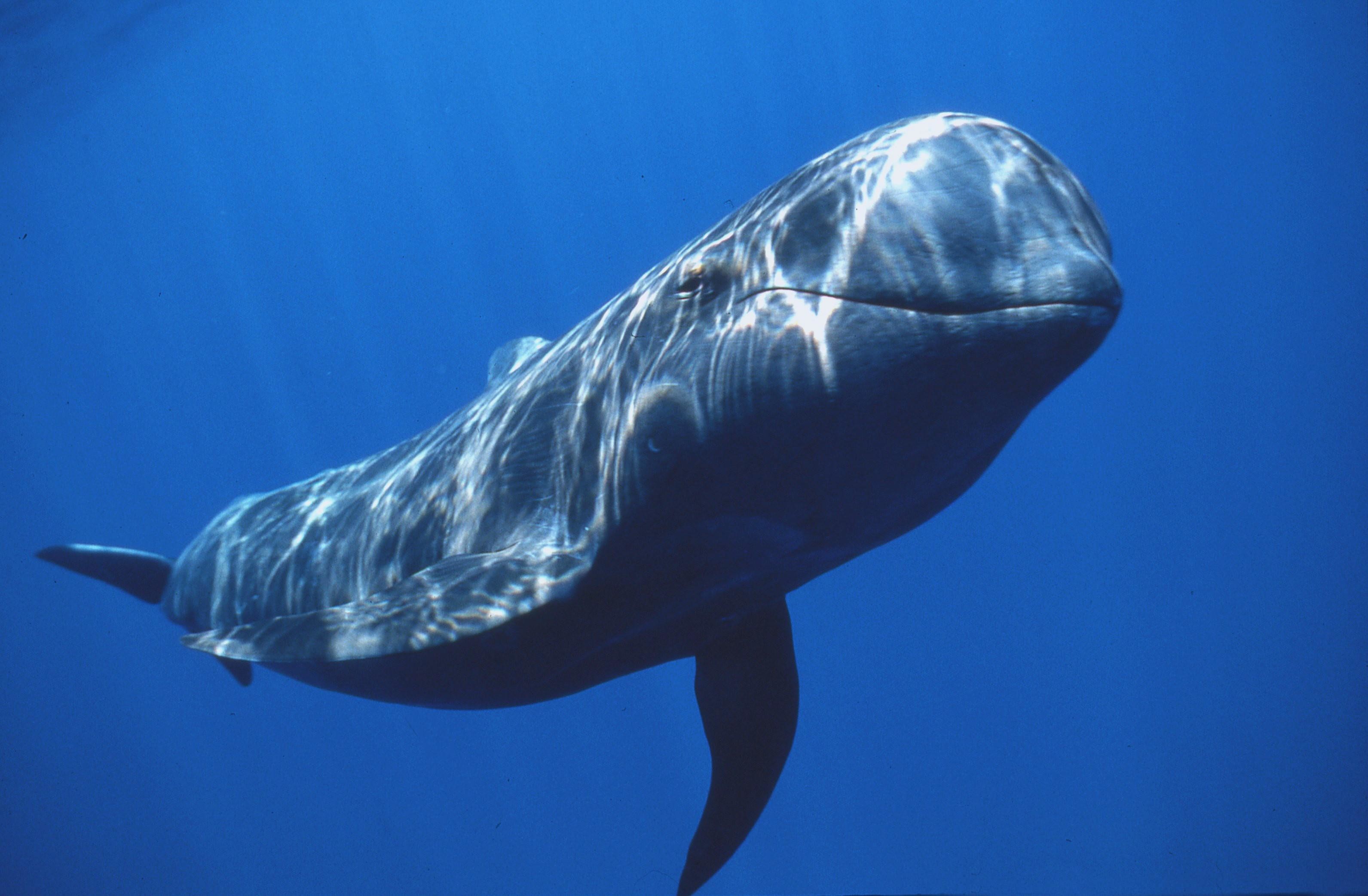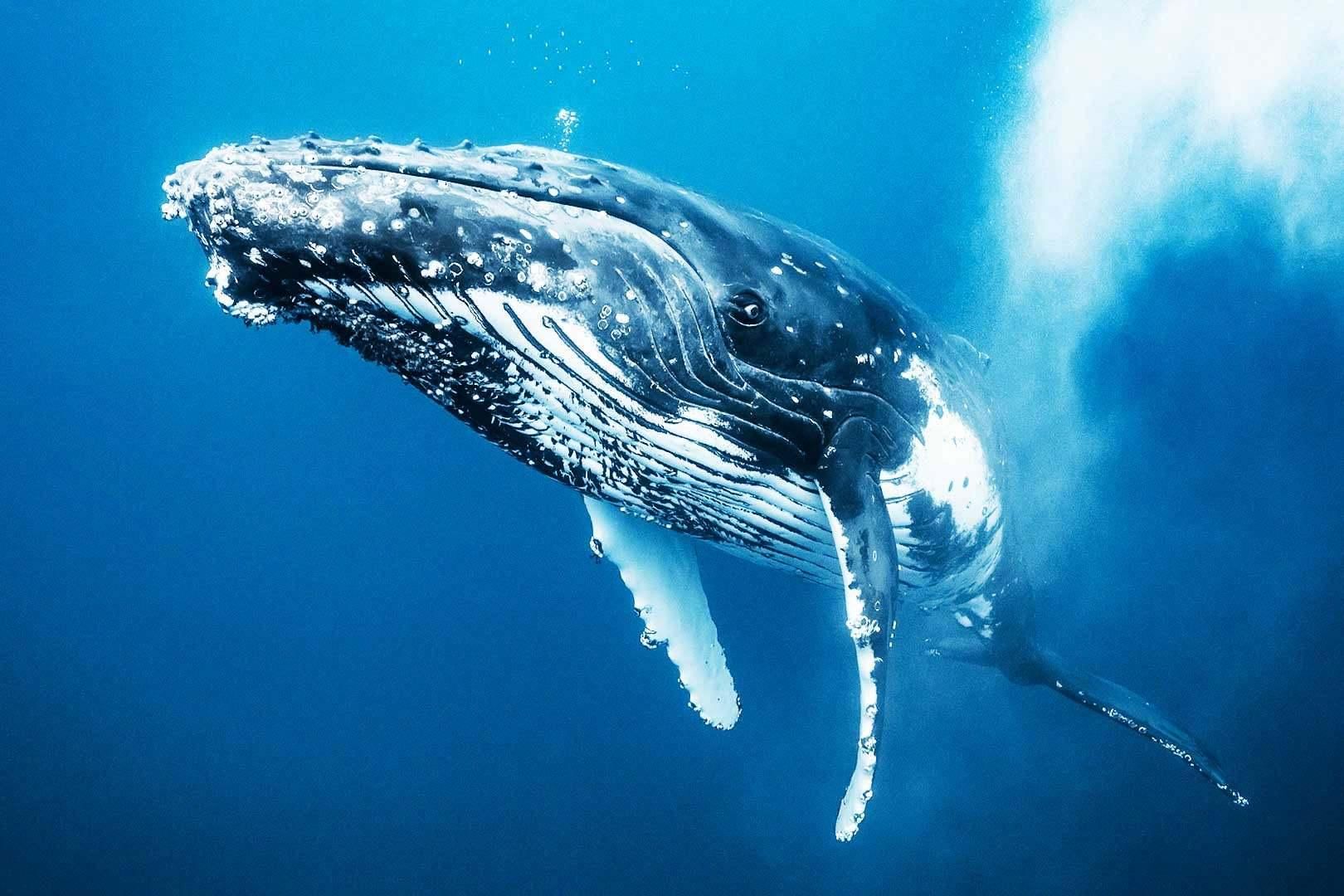
Whales, the majestic giants of the ocean, captivate the imagination with their sheer size, gracefulness, and mysterious lives beneath the waves. These marine mammals belong to the order Cetacea and are divided into two main groups: toothed whales (odontocetes) and baleen whales (mysticetes). Each species within these groups possesses unique characteristics that contribute to their remarkable adaptation to aquatic life.
Baleen whales, such as the blue whale, are characterized by their baleen plates used for filter-feeding. These plates act like a sieve, allowing them to strain enormous amounts of water to capture small fish, krill, and plankton. In contrast, toothed whales like the sperm whale and orca have teeth adapted for catching prey, often consisting of fish, squid, and even other marine mammals.
The largest animal to have ever existed on Earth, the blue whale, belongs to the baleen whale group. Stretching up to 100 feet long and weighing as much as 200 tons, these gentle giants glide through the ocean with unmatched grace. Despite their massive size, they sustain themselves entirely on tiny krill, demonstrating the efficiency of their feeding mechanism.
Humpback whales are renowned for their complex songs, which can travel for great distances underwater. These songs are thought to play a role in mating rituals and communication within their pods. Each population of humpback whales has its own distinct song pattern that evolves over time, making them both singers and composers of the deep.
Orcas, or killer whales, are highly intelligent and social creatures known for their cooperative hunting strategies and tight-knit family groups called pods. These apex predators have a diverse diet that includes fish, seals, and even whales. They are found in every ocean, from the Arctic to Antarctic waters, showcasing their adaptability to various environments.
Sperm whales, with their distinctive block-shaped heads and large foreheads, are deep divers known to hunt giant squid in the ocean’s depths. They possess the largest brains of any animal, weighing up to 9 kilograms, which contributes to their sophisticated social behaviors and echolocation abilities.

Whales play crucial roles in marine ecosystems, influencing everything from nutrient cycling to prey populations. Their migratory patterns span thousands of miles annually, linking different marine habitats and enriching biodiversity across vast oceanic regions. By feeding at depth and releasing nutrient-rich fecal plumes near the surface, whales contribute to the productivity of oceanic food webs.
Conservation efforts are vital to protecting whale populations worldwide, as many species face threats from habitat degradation, pollution, climate change, and collisions with ships. International regulations and sanctuaries aim to mitigate these risks and promote sustainable practices to ensure the survival of these magnificent creatures for future generations.

Research into whale behavior, migration patterns, and genetics continues to uncover new insights into their complex lives. Advances in technology, such as satellite tagging and acoustic monitoring, enable scientists to track whales across oceans and study their responses to environmental changes in real-time.
Educational initiatives and ecotourism provide opportunities for people to appreciate whales in their natural habitats responsibly. Responsible whale watching practices prioritize the well-being of whales, ensuring minimal disturbance while offering unforgettable encounters that foster appreciation and conservation awareness.

In conclusion, whales represent a pinnacle of evolutionary success in marine environments, embodying diversity, intelligence, and ecological significance. Their existence reminds us of the interconnectedness of life in the oceans and underscores the importance of preserving their habitats and ensuring their continued survival in a rapidly changing world.